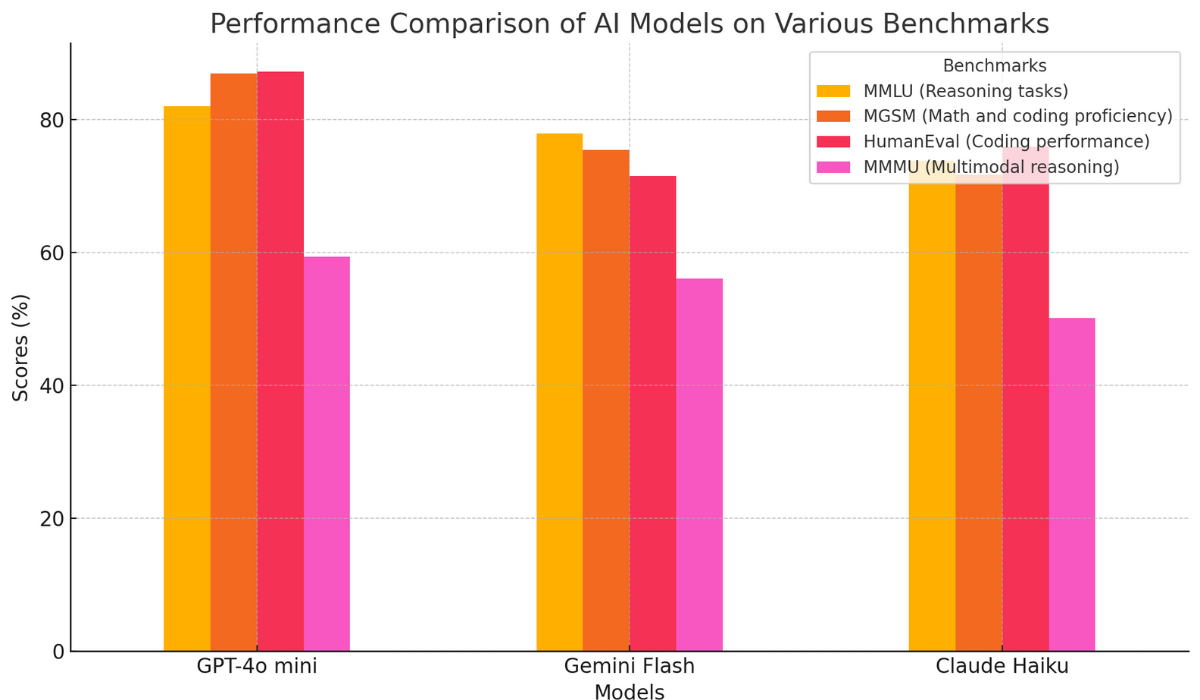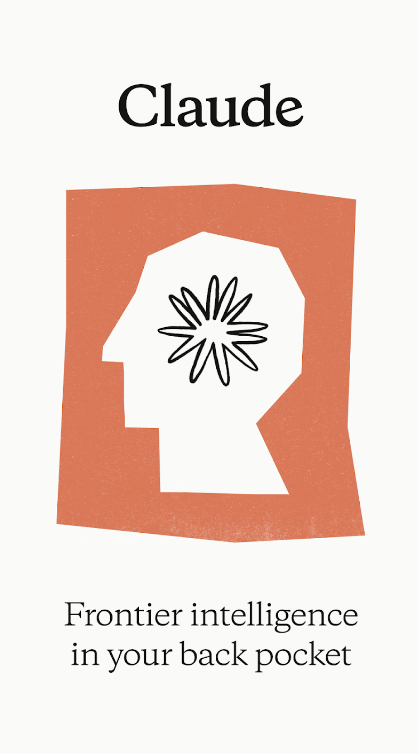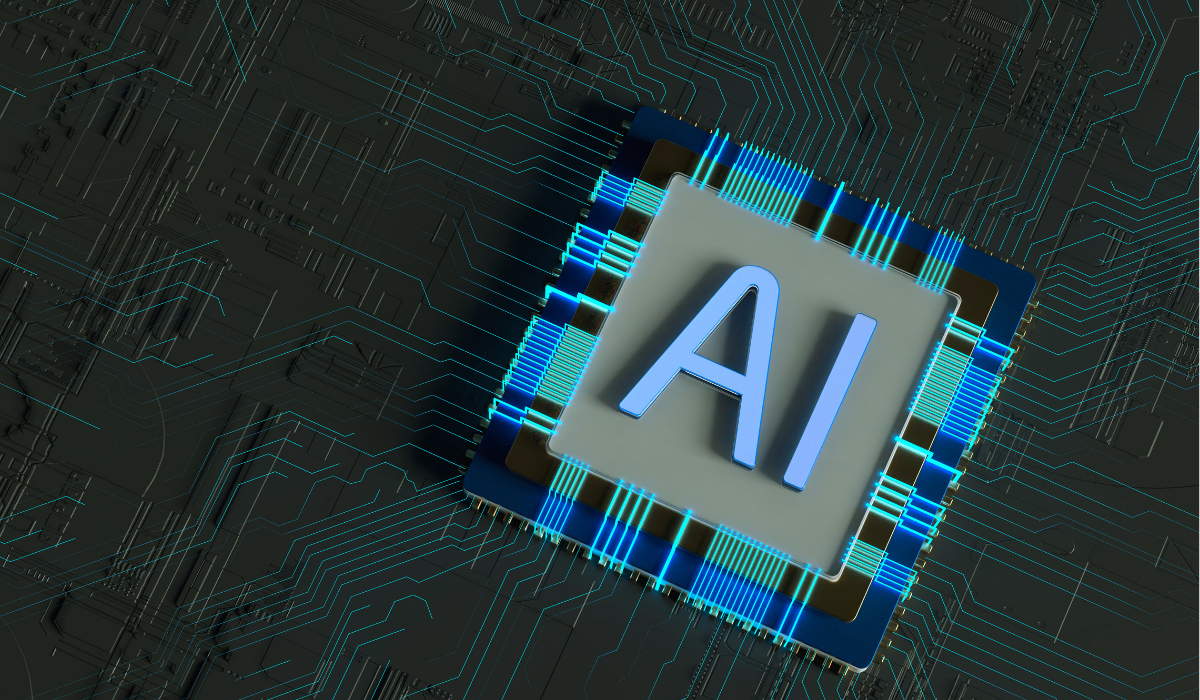Recent advancements in AI, such as OpenAI‘s GPT-4o mini, are making AI more accessible and affordable. Priced at just 15 cents per million input tokens, GPT-4o mini excels in textual and multimodal reasoning, setting new standards for small AI models. Its cost-effectiveness and high performance make it ideal for various applications, from customer support to text analysis. OpenAI ensures safety through advanced techniques and expert testing. Additionally, the new Claude Android app enhances AI accessibility with features like multilingual processing and real-time image analysis, supporting users in both professional and everyday tasks. These innovations highlight AI’s growing integration into daily life, driving efficiency and innovation.
OpenAI has introduced GPT-4o mini
OpenAI has introduced GPT-4o mini, a new AI model designed to make intelligence broadly accessible and affordable. Priced at just 15 cents per million input tokens and 60 cents per million output tokens, GPT-4o mini is significantly cheaper than previous models, including GPT-3.5 Turbo. This affordability aims to expand the range of applications using AI by making advanced intelligence more accessible to developers and businesses.
How does GPT-4o mini perform compared to other models?
GPT-4o mini excels in various tasks due to its superior textual intelligence and multimodal reasoning capabilities. It scores 82% on the MMLU benchmark, outperforming other small models like Gemini Flash and Claude Haiku. In mathematical reasoning, it achieves 87% on MGSM, and in coding proficiency, it scores 87.2% on HumanEval. These scores indicate that GPT-4o mini not only surpasses its predecessors but also sets new standards for small AI models in both textual and multimodal tasks.
Here is the performance comparison of AI models on various benchmarks. The bar chart displays the scores of GPT-4o mini, Gemini Flash, and Claude Haiku across different evaluation metrics: reasoning tasks (MMLU), math and coding proficiency (MGSM), coding performance (HumanEval), and multimodal reasoning (MMMU). GPT-4o mini shows superior performance across all benchmarks compared to the other models.

What are the potential applications of GPT-4o mini?
GPT-4o mini’s low cost and high performance make it ideal for various applications, such as real-time customer support chatbots, large context models for extensive text analysis, and multiple API interactions. The model supports text and vision inputs currently, with plans to include image, video, and audio inputs and outputs in the future. This versatility allows developers to create more complex and efficient AI-driven applications, enhancing user experiences and operational efficiencies across different industries.
How does OpenAI ensure the safety of GPT-4o mini?
Safety measures are integral to GPT-4o mini’s design and development. OpenAI uses techniques like reinforcement learning with human feedback (RLHF) and applies an instruction hierarchy method to resist various security threats such as jailbreaks and prompt injections. More than 70 external experts have tested the model to identify and mitigate potential risks. GPT-4o mini is available in the Assistants API, Chat Completions API, and Batch API, making it accessible to Free, Plus, Team, and Enterprise users.
What does the future hold for AI models like GPT-4o mini?
The launch of GPT-4o mini represents a significant step towards making advanced AI more affordable and widely accessible. OpenAI plans to continue reducing costs while enhancing capabilities, envisioning a future where AI is seamlessly integrated into everyday digital experiences. With ongoing improvements in safety and performance, GPT-4o mini is set to play a crucial role in the evolution of AI applications, driving innovation and efficiency across various sectors.
Claude Android App: Anytime, Anywhere
Another important development is the launch of the Claude Android app. This new development allows users to access Claude on their Android devices at any time, making it convenient for everyone, regardless of their subscription plan—whether free, Pro, or Teams.

What Features Does the Claude Android App Offer?
The app is packed with features designed to enhance user experience across different platforms. Users can start a conversation on the web and seamlessly continue it on their iOS or Android devices. This multi-platform support ensures that Claude is accessible and useful no matter where you are.
Additionally, the app includes vision capabilities, enabling users to take new pictures or upload files for real-time image analysis. This feature is particularly useful for those needing quick visual information or analysis.
How Does Claude Enhance Communication and Productivity?
One of Claude’s standout features is its multilingual processing ability. It provides real-time language translation, helping users communicate and translate various aspects of the world around them. This can be invaluable when traveling, as it allows for the translation of menus, signs, and conversations on the spot.
Furthermore, Claude’s advanced reasoning capabilities enable it to tackle complex problems efficiently. Whether analyzing contracts during travel or conducting market research for an upcoming meeting, Claude’s advanced tools are designed to support users in real-time problem-solving and decision-making.
How Can Claude Assist Users in Everyday Tasks?
Claude is not just for professional use; it is also a valuable tool for everyday tasks. It can provide creative inspiration and support productivity on the go. Whether drafting a business proposal between meetings, brainstorming gift ideas while shopping, or composing a speech while waiting for a flight, Claude is ready to assist. This versatility makes Claude an indispensable assistant in various scenarios, from business to personal needs.
The recent advancements in artificial intelligence, notably the introduction of GPT-4o mini by OpenAI, mark a significant step towards making AI more accessible and affordable. GPT-4o mini, priced at 15 cents per million input tokens and 60 cents per million output tokens, offers superior performance in textual intelligence and multimodal reasoning tasks, outperforming its predecessors and setting new standards for small AI models. Its affordability and high performance make it ideal for diverse applications such as real-time customer support and extensive text analysis. OpenAI ensures the model’s safety through advanced techniques and expert testing. Additionally, the launch of the Claude Android app enhances AI accessibility and utility across platforms, offering features like multilingual processing and real-time image analysis, thus supporting users in both professional and everyday tasks. These developments highlight a future where AI seamlessly integrates into daily digital experiences, driving innovation and efficiency across various sectors.


